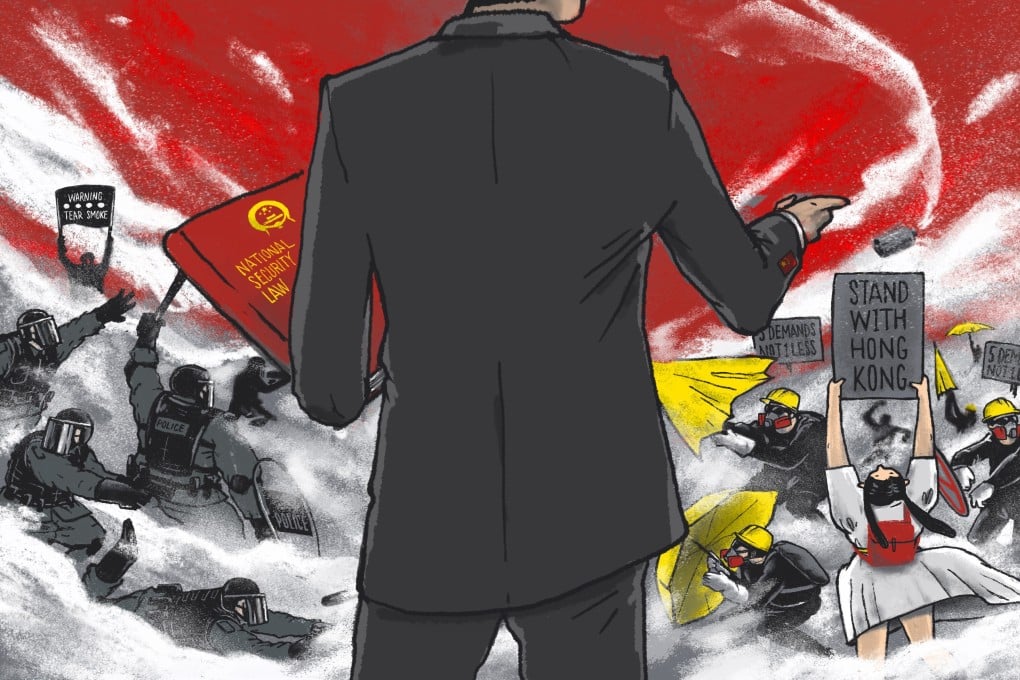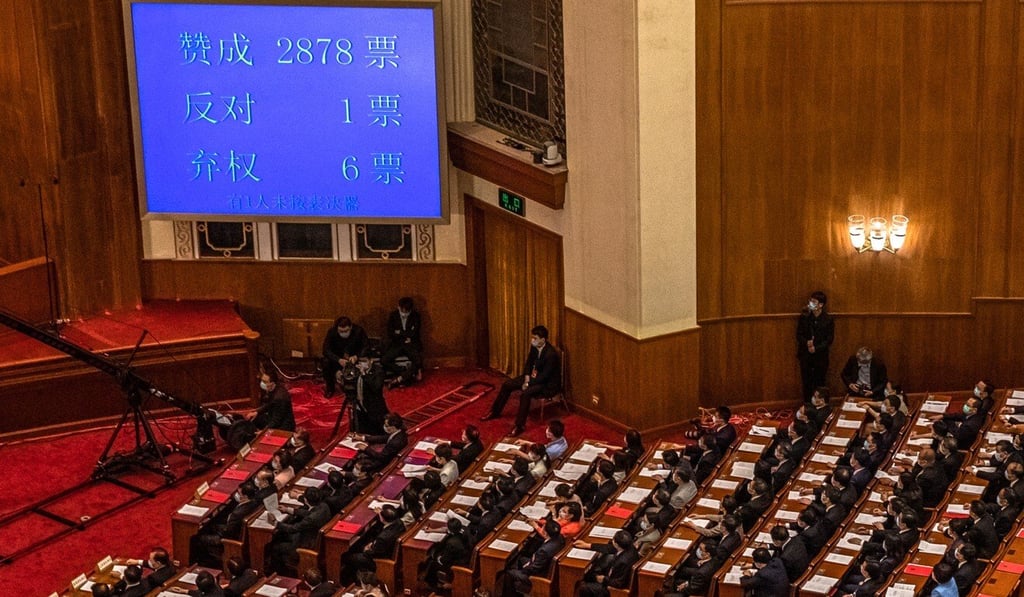Hong Kong protests: alarmed by violence, especially at PolyU and Chinese University, Beijing drafted national security law for city
- Few had read between the lines when Beijing signalled last October it had run out of patience over the national security law
- A source has described Beijing’s frustration with the inaction of Hong Kong’s pro-establishment camp regarding Article 23

As Hong Kong marks a year since anti-government movement began, this article is third in a series analysing how key players have fared.
They did not know that the city was high on the agenda of the party’s closed-door fourth plenum, or that decisions taken there would have far-reaching implications.
Few read between the lines when the talks concluded with a communique calling for action to “establish a sound legal system and enforcement mechanism for safeguarding national security in the special administrative regions”.
The plenum was held four months after political unrest erupted in Hong Kong, sparked by a widely detested extradition bill, which would have allowed fugitives to be sent to mainland China and other jurisdictions with which the city had no exchange arrangement.
